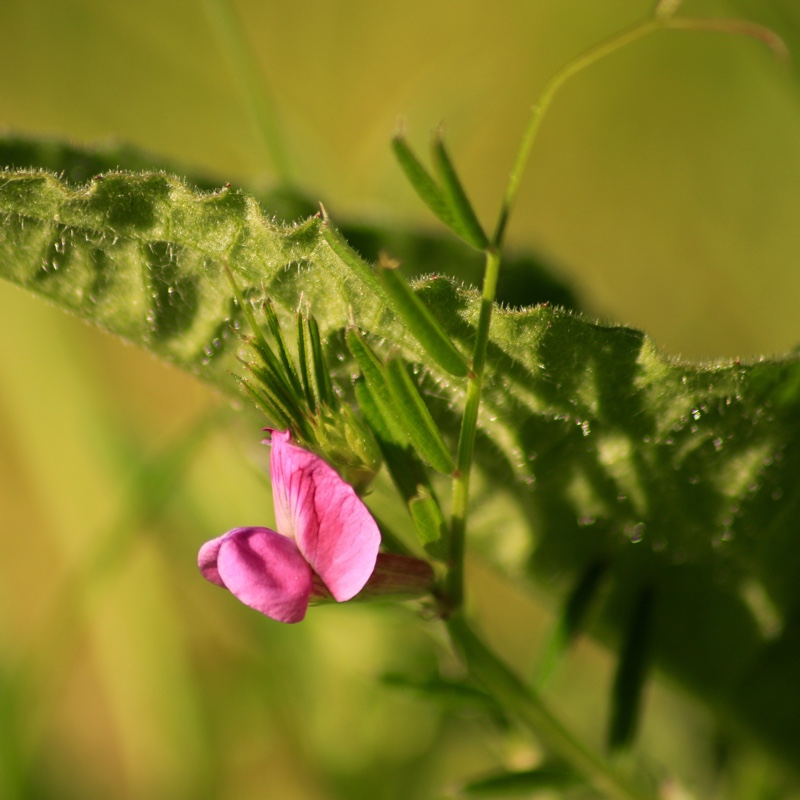
Vicia sativa syn. Vicia bacla ; Vicia communis ; Vicia glabra ; Vicia nemoralis
Common Vetch
Vicia are annuals, herbaceous perennials or climbers. The leaves can be simple, or divided into small leaflets, often ending in a tendril. Vicia sativa - 'Common Vetch' - is an annual scrambling, twining stemmed plant, with curly tendrils. The leaves are in opposite pairs along the stem, and are oval and folded. The flowers, which appear in Spring until early Autumn, are pink-purple, pea-like flowers borne singly or in pairs. The fruit is a legume pod, 6 or 7 cms long, hairy when new, becoming smooth later, brown or black when ripe. It contains 4–12 seeds. This plant can be used as a green manure, or as fodder.
Contributed by @crestiesneuk
-
Full sun
-
Occasional watering
-
Full Frost Hardy: 5F (-15°C)
-
Free draining
Common name
Common Vetch
Latin name
Vicia sativa syn. Vicia bacla ; Vicia communis ; Vicia glabra ; Vicia nemoralis
type
Herbaceous Perennials or annuals
family
Fabaceae
ph
5.5 - 8.2 Acid - Neutral
Plant & bloom calendar
-
Best time to plant
-
When the plant will bloom
-
When to harvest
full grown dimensions
 0.15 M
0.70 M
0.15 M
0.70 M
Vicia sativa syn. Vicia bacla ; Vicia communis ; Vicia glabra ; Vicia nemoralis
Vicia are annuals, herbaceous perennials or climbers. The leaves can be simple, or divided into small leaflets, often ending in a tendril. Vicia sativa - 'Common Vetch' - is an annual scrambling, twining stemmed plant, with curly tendrils. The leaves are in opposite pairs along the stem, and are oval and folded. The flowers, which appear in Spring until early Autumn, are pink-purple, pea-like flowers borne singly or in pairs. The fruit is a legume pod, 6 or 7 cms long, hairy when new, becoming smooth later, brown or black when ripe. It contains 4–12 seeds. This plant can be used as a green manure, or as fodder.
Flowering
From Late Spring TO Early Autumn
Pea-like flowers appear in late Spring right through to early Autumn
Planting
From Early Spring TO Late Spring
Grow in moist soil, preferably in full sun. The seed should be sown in situ, as this plant does not transplant well
Propagating by seed
From Late Winter TO Early Summer
Sow seed in situ. The seed is hard-coated, and so, to aid germination, soak the seed in warm water for 24 hours before sowing. The soil should be moist but free-draining. Can be sown from late Winter to early Summer, and again in Autumn

















